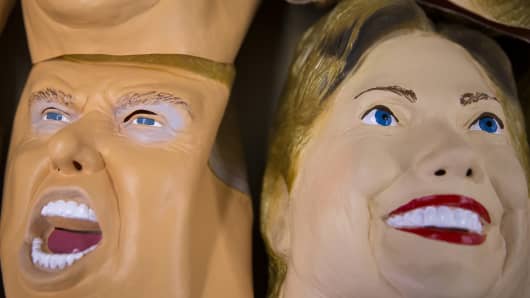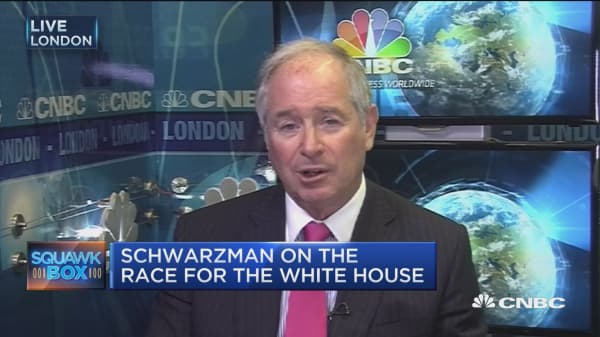Let me know if this sounds familiar: Your Facebook news feed has blown up with messages like "The sky is falling! If my chosen candidate doesn't win, the markets are doomed and so are my investments!"
Elections tend to bring out the more emotional side of our personalities. A presidential election year, especially, can cause excitement or despair, depending on your side of the aisle.
Market returns during an election cycle tend to be lower than years immediately preceding and following an election year. That shouldn't come as a surprise. Humans tend to be guided by our emotions, and the time during an election is when emotions are going to be most tied to election results. What we historically see after the fact, though, is a return to normalcy once emotions have time to settle down. History reminds us that emotional investing is not the safest approach. Successful investing begins with a plan that accounts for goals, time horizons and risk comfort levels.




